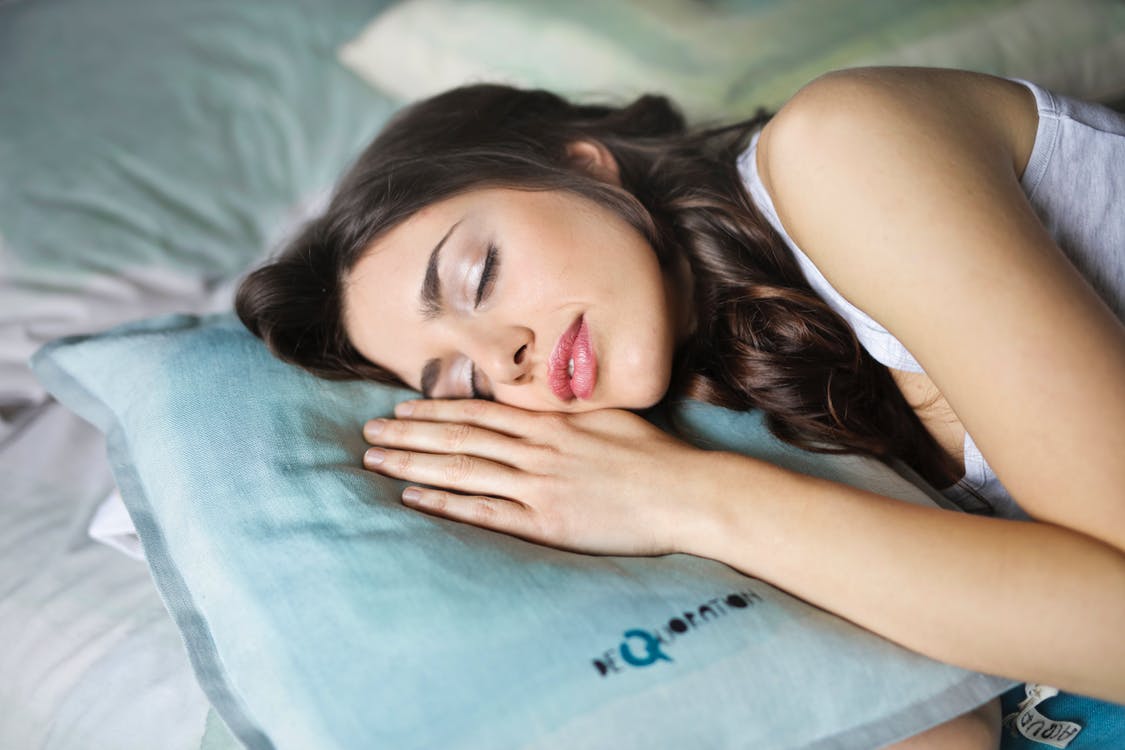Getting a good night’s sleep is critical for maintaining good health. As simple as that might sound, however, there are a number of obstacles that prevent many people from actually getting the rest that they need. From busy, active lives too full of activity to provide adequate time for rest to worries and concerns that keep you up at night to an environment not conducive to sleep; there are a long list of things that can keep you from getting a good night’s sleep.
Your mattress is just one of many issues that may keep you from getting to sleep at night. Different people need a different type of mattress to get their best sleep and protect their health. Here are 5 tips for choosing the right mattress for your health.
1. Hard versus soft
Some people have back issues that require a more firm mattress, while others find it difficult to sleep on a “hard” mattress. There are a number of ways to determine what the right level of firmness is for you. One of the best ways to find the right level of firmness for you is to visit a mattress store and bring your own pillow.
You want to spend at least 10-15 minutes on each bed laying the way you normally sleep and use your pillow. This gives you the best chance of recreating the exact conditions you will be sleeping in to determine which mattress is right for you.
2. Memory foam versus inner spring
- Inner spring mattresses: Inner spring mattresses of the oldest types of mattresses and still remain the most popular. Inner spring mattresses rely on coils to support your weight, which are covered with a wide range of materials. Inner spring mattresses are known for being long-lasting and they offer a wide range of firmness and softness while still providing support.
- Memory foam mattresses: Memory foam mattresses are rising in popularity because they mold and contour to the shape of your body. In addition, they absorb movement. If you sleep with a partner, a memory foam mattress can help you sleep soundly even if they toss and turn.
3. Latex versus air mattress
- Latex mattresses are made from either nature or synthetic rubber are known for providing firm, yet bouncy support. Like a memory foam mattress, latex will contour to your body and absorb movement but it provides more resistance and better support than memory foam.
- Air mattresses have come a long way since the days of simple camping mattresses that easily spring leaks. Modern air mattresses look just like regular inner spring mattresses but rely on air-filled chambers rather than springs for support. This also makes them great for couples that prefer a different level of support. Air mattresses can be adjusted to offer more firm support on one side of the bed and less firm support on the other.
4. Flat versus incline
- Some people have respiratory issues that cause them to sleep better when they are slightly reclined rather than lying flat on a bed. If you find you sleep better in a reclining chair than on a bed, you might want to invest in an adjustable bed. On the other hand, some people have difficulty sleeping on any surface that is not perfectly flat. If you need an incline bed, you need a mattress that will mold to the shape of the bed, so a latex or memory foam mattress would be best for you.
5. Allergens
Some people actually have allergies to latex, so that might not be a good choice for some. Most allergy sufferers, however, are actually allergic to dust mite feces, which can accumulate in an inner spring mattress. Air mattresses, on the other hand, have chambers that need to remain tightly sealed to hold the air in, so they are not susceptible to the accumulation of dust mite feces.
All in all, for most allergy sufferers, the best mattresses will be latex, memory foam or air mattresses unless they are allergic to latex. In addition, allergy sufferers will also want to stay away from fluffy pillow top mattress pads or they will still encounter the same problem.








